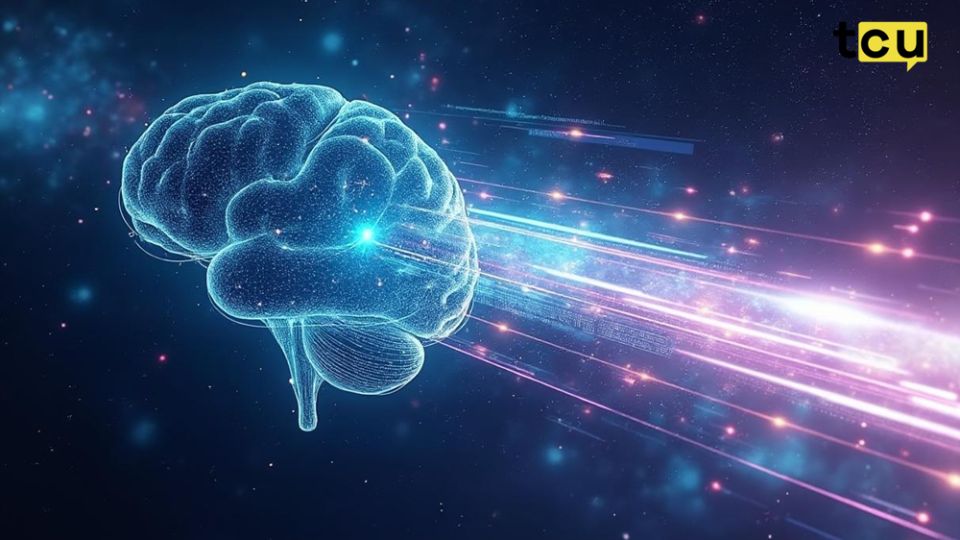Ether is the Schrödinger’s cat of crypto
Ether is a commodity just up until the point it is not, or, ether is not a commodity just up until the point it is — whichever you prefer
The topic of ether’s legal status as a commodity (or not) is one of the most heavily debated topics in crypto.
We can think of the question as Schrödinger’s cat of crypto — ether is simultaneously both a commodity and not a commodity. In that sense, the commodity debate is analogous to that famous quantum mechanics paradox about the well-being of Schrödinger’s cat, which is seemingly simultaneously both dead and alive.
But how can Schrödinger’s cat be simultaneously dead and alive, you might ask? Famously, in Copenhagen, the interpreted answer to this paradox for many is that it depends on the circumstance and probabilities. Ether is a commodity just up until the point it is not, or, ether is not a commodity just up until the point it is — whichever you prefer.
For the crypto-quantum aficionados out there, I must admit that as a Dane, I do prefer the Copenhagen Interpretation of Schrödinger’s paradox, because it lends itself well to this problem. The Copenhagen Interpretation says the world is not deterministic — a view that has been almost as divisive as the question of whether ether is a commodity or not (probably more so!).
The counterfactual definiteness of ether
The value creation on Ethereum is three-fold, meaning that the native token, ether, can be viewed as a store of value, a consumable commodity and an interest-bearing asset.
As a store of value, Ethereum has seen approximately $1.2 trillion in DeFi trading volume in 2022, and will have an estimated smart contract economy worth $5 trillion by 2030, according to ARK Investment Management.
With EIP-1559 , ETH became a consumable commodity, and like gasoline, it’s consumed to pay for network usage. Used in this way, ether exhibits the characteristics of combustible gas, as ether is burned when used to pay for transactions — that’s far from acting as an investment contract or store of value. Finally, staking ether makes it an interest-bearing asset, where stakers can actively participate in running the network for the benefit of consumers. Staking on Ethereum is today a $90 billion economy.
The definition of ether rests on the circumstance and the probability that ether is used as either a security, a commodity or a currency. The ability for any market participant to meaningfully define ether — without clear and meaningful crypto regulation — will rest on assumptions without us knowing for sure. This is the counterfactual definiteness of ether which US policymakers must solve.
The real issue is how the US will regulate ether
While the US is still undecided on how to regulate crypto, there continue to be permissionless innovations on Ethereum and associated ETH usage.
The real issue is whether US crypto regulation will permit ether to exist simultaneously as a commodity or not, i.e. solving the paradox. This will not be a quick fix, but instead one closely linked to growing market maturity. One need not look deep to find additional paradoxes. Soon, liquid staking and restaking derivative tokens representing an ownership share in a staking pool or similar might spark the next big legal debate.
Outside of the US, Swiss regulator FINMA issued guidance based on the Swiss 2021 DLT Act’s narrow definition of crypto as payment tokens, i.e. that staking providers were required to have a banking license to deliver staking services. Although they have since supposedly walked the guidance back late last year, the regulation and legal interpretation have not changed.
The European Union (EU) is the first economic area in the world to regulate crypto and has opted for a broader definition of crypto which allows for interpretation of the asset itself, but they still have a long way to go to solve the ether commodity paradox.
For US lawmakers, as with Schrödinger’s cat, it will all depend on the interpretation.
Don’t miss the next big story – join our free daily newsletter .
- Commodities
- Ethereum
Disclaimer: The content of this article solely reflects the author's opinion and does not represent the platform in any capacity. This article is not intended to serve as a reference for making investment decisions.
You may also like
Bitcoin trader says ‘Time to pay attention’ to $115K BTC price
Respect the PUMP: Crypto’s emerging meme season
Crypto is shifting into risk-on mode — pump.fun dominates meme activity, while Lido leans on treasury maneuvers

Bittensor Hits Escape Velocity as Decentralized AI Adoption Accelerates

